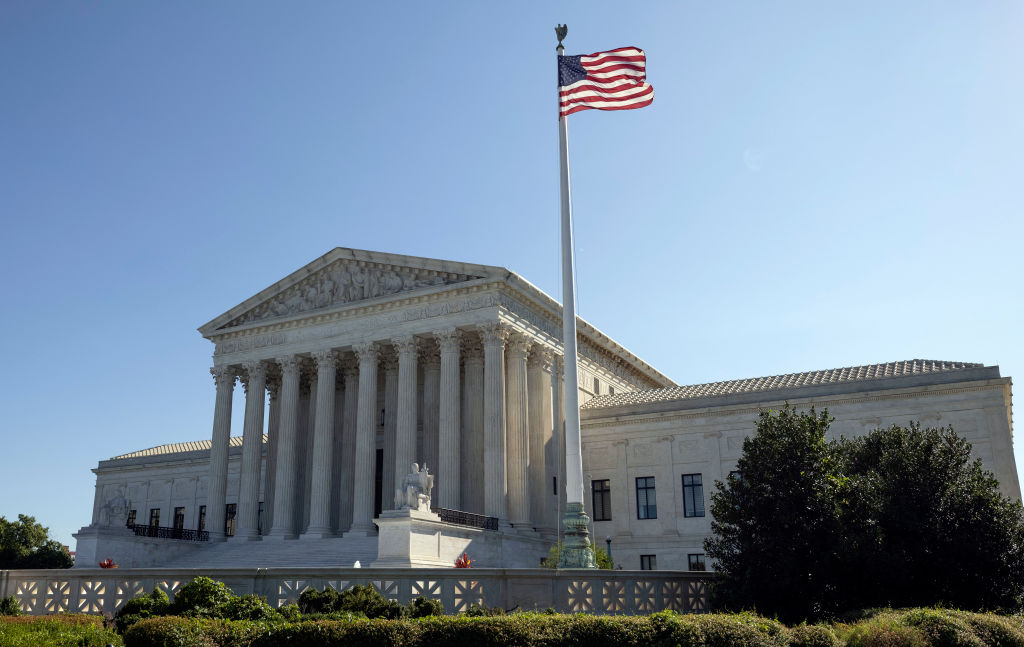Last week the Supreme Court heard the oral arguments for Dobbs v. Jackson Women’s Health Organization, a case that could become the new precedent for American abortion laws.
During the arguments, Chief Justice John Roberts pointed out that the U.S.’s current abortion laws, set by the seminal Roe v. Wade decision, puts our nation in the same category as countries like North Korea and China.
“When you get to the viability standard, we share that standard with the People’s Republic of China and North Korea,” Roberts said.
According to the precedent set in Roe v. Wade and Planned Parenthood v. Casey, fetal viability begins around 24 weeks of pregnancy, so abortions are allowed up to that point.
This Mississippi case really comes down to an argument over defining fetal viability. The Mississippi law currently being debated prohibits abortions after 15 weeks.
Setting fetal viability at 15 weeks would actually put the U.S. more in line with European and other western countries, rather than with the oppressive regimes of North Korea and China.
The Charlotte Lozier Institute found in 2018 that “47 out of 50 European countries analyzed in this report either do not allow elective abortion or limit elective abortion to 15 weeks or earlier, whereas 0 out of 50 states in the U.S. limit elective abortion to 15 weeks.”
Most European countries begin limiting abortions after 12 weeks.
“The majority of European countries that allow elective abortion limit it to 12 weeks. This finding demonstrates that Mississippi’s law limiting elective abortion to 15 weeks is neither extreme nor outside the norm in comparison to European practice,” the study found.
The only three European countries that allow abortions after 15 weeks are Iceland (22 weeks), Netherlands (24 weeks), and Sweden (18 weeks).
“The Mississippi late-term abortion restriction at 15 weeks is not extreme by any measure when compared with European law,” the institute said.
Roberts recognized this during the oral arguments.
“I’d like to focus on the 15-week ban because that’s not a dramatic departure from viability. It is the standard that the vast majority of other countries have,” the chief justice said.
Julie Rikelman, who argued for Jackson Women’s Health Organization, then explained that European countries allow access to abortion right up to viability.
“So, for example, Canada, Great Britain and most of Europe allows access to abortion right up until viability, and it also doesn’t have the same barriers in place,” Rikelman said.
But that doesn’t change the fact that European countries’ window before viability is shorter than America’s.
So redefining the timeline for viability was more at the heart of the issue, rather than just the right to abortion. That is what Roberts began to highlight with his questions.
Roberts continued to question the arguments behind the “right” to abortion. He questioned whether freedom of choice really had anything to do with the question of fetal viability, which seems to be more what Dobbs. v Jackson was focused on.
“If you think that the issue is one of choice, that women should have a choice to terminate their pregnancy, that supposes that there is a point at which they’ve had the fair choice, opportunity to choice, and why would 15 weeks be an inappropriate line?” Roberts asked. “Because viability, it seems to me, doesn’t have anything to do with choice. But, if it really is an issue about choice, why is 15 weeks not enough time?”
So the argument over abortion laws right now really comes down to what it’s always been: When does a human become a human? And what is a human?
The lives of millions of unborn babies is relying on court officials to define human life.
This article appeared originally on The Western Journal.

























 Continue with Google
Continue with Google